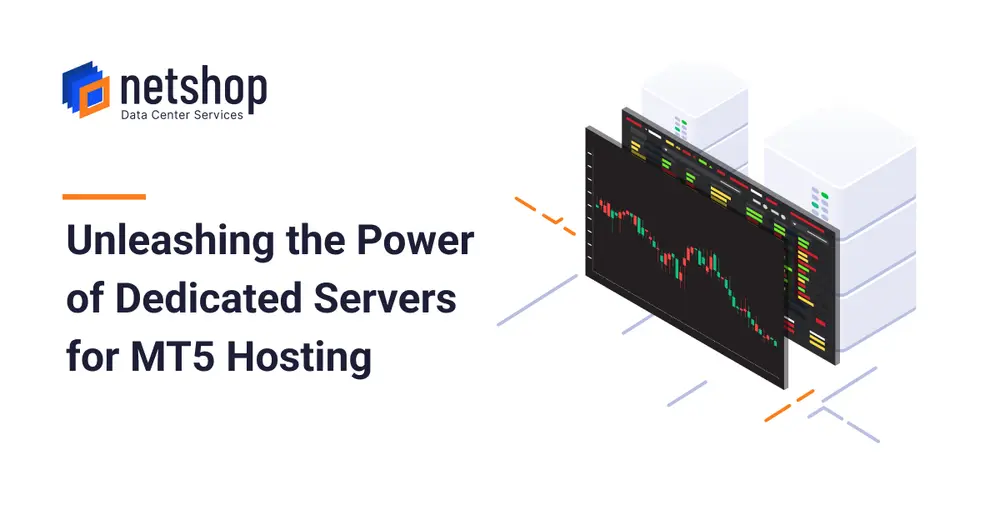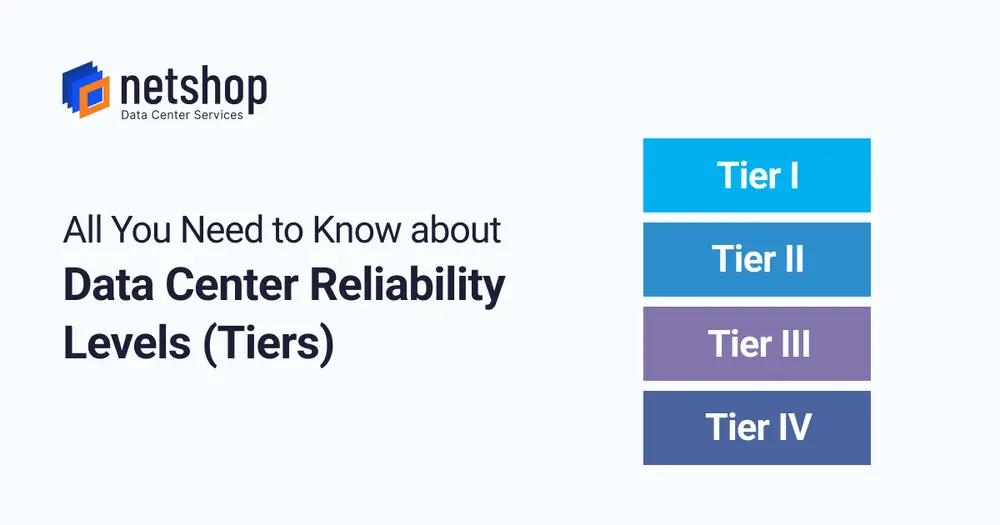He is the man that effectively sets the agenda for the gaming industry in Malta. He heads the entity entrusted with proposing and enforcing legislation. And – on his word alone – Malta’s future as an online gaming centre of excellence could be set in stone … or not.
Regulation for Innovation” was the punch line used by the MGA executive chairman Joseph Cuschieri. The Gaming Industry is keen to embrace technological advances and therefore the regulatory frameworks need to be flexible enough for the industry to innovate and take advantage of the full developments whilst minimizing risks to consumers… ‘there should be no impediments for technological innovation’ he reiterated.
The increasing convergence between online and offline gaming as well as the need for more efficiency in the MGA’s regulatory approach has been a catalyst for the number of projects rolled out by the Authority since he took up his position almost three years ago. The various sector specific regulations currently in force which have served the country well for all these years warrant a legislative overhaul so as to future proof the gaming regulatory framework for the next decade.
Cuschieri said the gaming sector (both landbased and online) in Malta was growing steadily , and such results prove that the communications outreach program embarked upon by the MGA is being transmitted effectively to the industry and hence leaving positive effects.
“But of course, the fast-changing regulatory landscape, the dynamics of the industry, means that the MGA has to constantly update itself and our regulatory approach,” he said.
“And in fact, we are doing many changes, most of which will be included in the new proposed legislation we will be proposing in the coming months.”
One of the most important proposed changes to be introduced in the new legislation is the widening in regulatory scope to allow for a complete governance of the gaming sector. Fundamentally, the streamlining of any given gaming application being submitted to the MGA shall undergo the required regulatory intervention depending on the risk posed and the MGA shall strive to avoid duplication of requirements, whilst aiming to simplify its procedures without undermining the primary functions and its regulatory ethos which holds players and responsible gaming in focus.
The licensing process being proposed will be reducing the number of licence classes within the various sectors to essentially two licences: a B2B (business to business) licence and a B2C (business to client) licence coupled with the required approvals being issued thereunder.
Cuschieri said: our legislation today, mirrors the legislative frameworks in other jurisdictions, whereby sector specific regulations are in force for land-based gaming and remote gaming. In essence we are proposing a different approach which looks at the main elements warranting scrutiny underpinned by a risk based approach at the centre of all decisions. Putting this simply ‘when you’re playing a game, the channel and medium being used are actually not the most important factors at play ; it’s the fairness of the game that is key for adequate protection of players – the other elements are secondary.”
“Our proposals will simplify the compliance and approval processes ,” said Cuschieri. “But, most of all, it will also do away with unnecessary costs.”
The above proposals are packaged within a framework that shall increase Malta’s competitiveness and such proposed changes are not expected to result in a reduction in the direct and indirect contributions Malta receives from the gaming industry.
“As time passes by, Malta is becoming the Jurisdiction of primary establishment for most operators,” he explained.
source: maltatoday.com





















